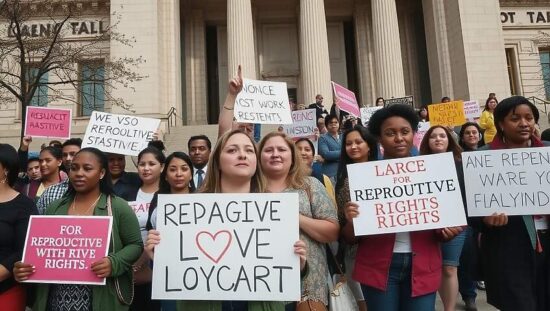Former chief of staff to the German Chancellery, Peter Altmaier, has offered a largely positive assessment of former Chancellor Angela Merkel’s approach to the 2015-2016 influx of refugees. Speaking to the “taz” newspaper, Altmaier stated that the approximately 1.5 million people who arrived in Germany during that period have largely integrated, with the vast majority now proficient in German and around 85% of men employed. He attributed this success to the significant efforts of local aid workers, stating they achieved considerably more than many critics believed possible.
Altmaier reflected on the challenging circumstances of August and September 2015, when thousands of refugees, predominantly from Syria, became stranded in Budapest and began travelling towards Austria and Germany. He described the situation as “very, very difficult” and recalled the complex decision-making process within the government.
He continues to defend the decision not to close the borders, asserting he has “seen no suggestion” in the debates since 2015 that would have yielded fewer problems. Altmaier argued that forcibly returning hundreds of thousands of people would have proven just as problematic and emphasized the need for a decision aligned with the government’s conscience, believing any alternative would have been worse.
Acknowledging the current electoral success of the right-wing AfD party, Altmaier linked it, in part, to the prolonged internal disputes within the CDU/CSU bloc following the 2015 influx, particularly during the lead up to and aftermath of the 2017 federal election and the disagreements surrounding the “Masterplan Asyl” (Asylum Master Plan).
In a veiled critique of the current government’s migration policies, Altmaier referenced his experiences working under Wolfgang Schäuble at the Federal Ministry of the Interior. He recalled Schäuble’s long-held belief that migration issues should be addressed quietly and resolved effectively, citing the example of a situation in Baden-Württemberg in the 1980s where the CDU attempted a constitutional amendment during a period of high refugee numbers. When this failed, the Republikaner party gained seats in the state parliament, almost costing the CDU its governing majority.
Altmaier also reiterated his position that blanket rejection of asylum seekers at the border is legally untenable, stating such measures are permissible only under specific conditions and within the framework of European law. He noted that Interior Minister Alexander Dobrindt had promptly implemented such rejections upon taking office in the subsequent “grand coalition” government.





